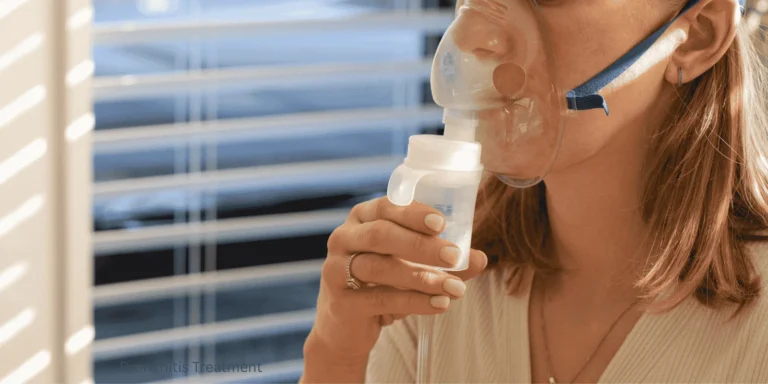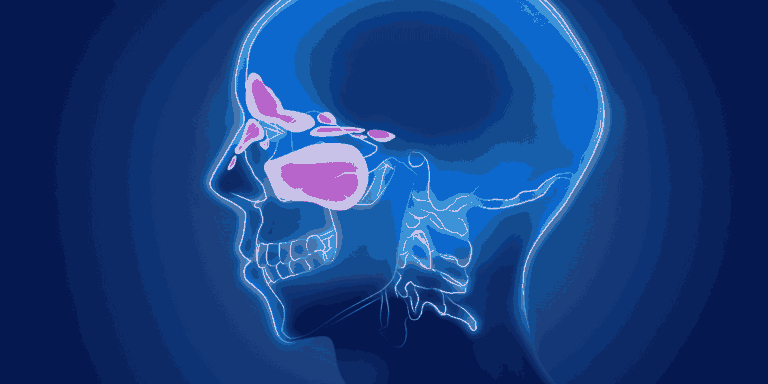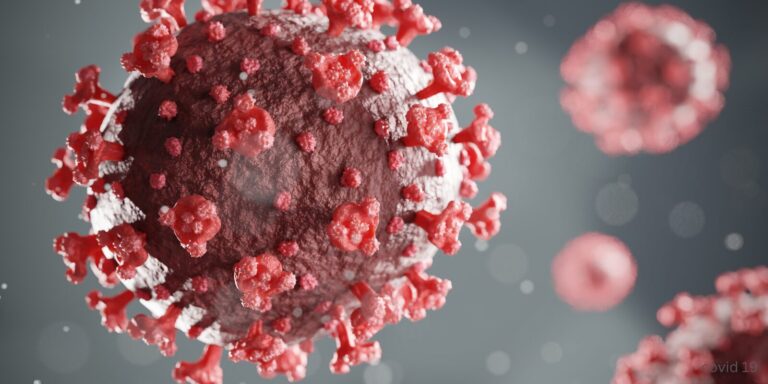While painful urination (dysuria) is indeed a hallmark symptom of UTIs, it’s not always caused by a bacterial infection. As a physician, I regularly see patients who assume burning during urination automatically means they have a UTI, but several other conditions can cause similar symptoms.
Non-infectious causes of painful urination include:
Sexually transmitted infections (STIs) like chlamydia, gonorrhea, and herpes can cause burning during urination. These infections often require different treatments than typical UTIs and may have additional symptoms like unusual discharge or genital sores.
Vaginal infections such as yeast infections or bacterial vaginosis can cause burning, especially when urine contacts irritated external tissues. These conditions typically include changes in vaginal discharge and odor.
Chemical irritation from soaps, douches, bubble baths, or spermicides can inflame the urethral opening, causing burning without infection. Switching to gentler products often resolves the issue.
Interstitial cystitis (painful bladder syndrome) causes chronic pelvic pain and urinary urgency/frequency that can mimic UTI symptoms but doesn’t respond to antibiotics.
Kidney stones can cause severe pain during urination, often accompanied by flank pain, nausea, and sometimes blood in urine.
Prostate problems in men, such as prostatitis or enlarged prostate, can cause burning, frequent urination, and pelvic discomfort.
Menopause can lead to tissue changes that make urination uncomfortable due to decreased estrogen levels.
The key differences often lie in accompanying symptoms. UTIs typically include urinary frequency, urgency, cloudy urine, and pelvic pressure. If you only have burning without these other symptoms, or if symptoms don’t improve with antibiotics, other causes should be considered.
If you’re experiencing painful urination, ChatRx can help determine whether your symptoms suggest a UTI or another condition requiring different treatment.












